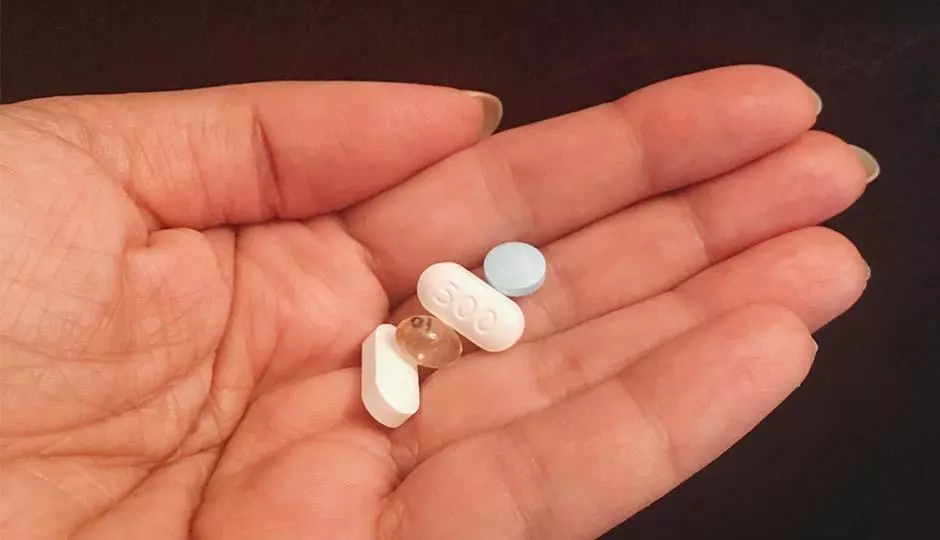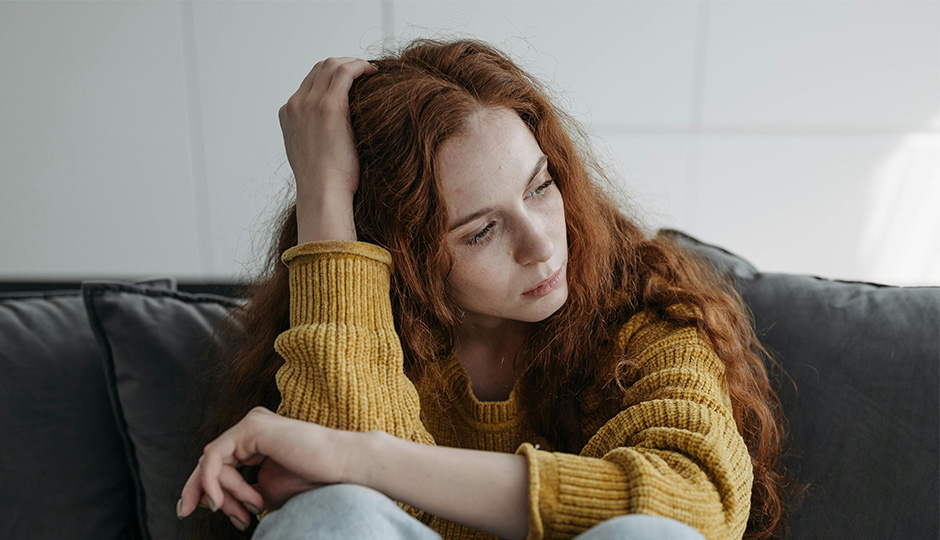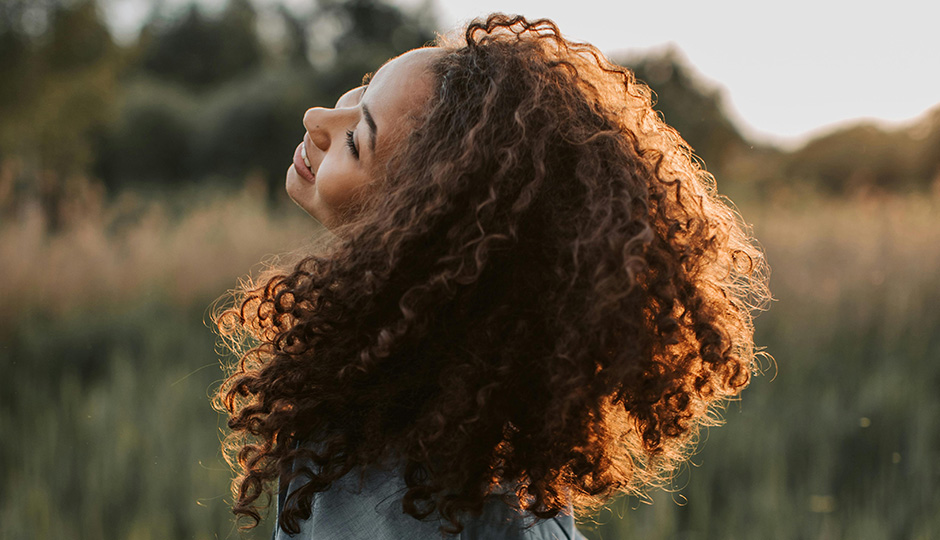At some point in your life, your hair is going to get thinner, or just fall out. There are many options for managing hair loss, but regardless of the method you choose, you'll see better results with a healthy, balanced diet. Dermatologists have suspected a link between good nutrition and hair health, and the relationship between micronutrients and hair loss is a growing and important field of inquiry.
Vitamins and Minerals For Healthy Hair
Even though your hair is technically dead, your scalp isn't. A well-nourished scalp and hair follicles make your hair appear fuller and shinier, and make it easier to manage. To keep your hair looking its best, especially if you're undergoing hair restoration, a diet rich in the right vitamins and minerals is crucial to success.
Your diet, in general, should be full of leafy green vegetables, whole grains, nuts, and some animal protein. The best animal proteins come from iron-rich lean meat (cattle, bison, lamb), and Omega-3 rich fish. Plant proteins are considered by many scientists to be "incomplete" proteins, so vegetarians and vegans are probably already taking supplements to round out their protein needs.
If there's an underlying condition that's causing your hair loss--the hormonal imbalances that come from pregnancy, or the side effects of medication--your body may need more of certain vitamins and minerals to boost follicle stimulation. Hair is the fastest growing tissue in the body, so you will see results from a good diet and supplement regimen within a few weeks.
- Vitamin A is abundant in kale, spinach, carrots, and pumpkin. The beta-carotene in these veggies converts to vitamin A in the body. Milk, eggs, and yogurt all have vitamin A; so does cod liver oil. Vitamin A produces sebum, an oily substance that moisturizes your scalp.
- Vitamins B12 and Biotin are the most important B vitamins for hair growth, but all of them contribute to the production of the red blood cells that stimulate follicles to produce more hair. Whole grains, almonds, leafy greens, meat, and seafood are all rich in the B vitamins. B12 vitamins are only found in animal proteins, so if you are vegan or vegetarian you'll want to consider a supplement. Biotin deficiencies are common with some medications and autoimmune diseases, so you'll also need a supplement
- Vitamin C is rich in antioxidants that fight the free radicals that can cause stress-related hair loss. It also helps your body absorb iron, and creates the collagen protein. Citrus fruits, along with strawberries, peppers, and broccoli, all have lots of vitamin C.
- Vitamin E is another antioxidant, and one study found that people who took vitamin E for 8 months had a 34% increase in hair growth. Avocados, almonds, and spinach are all good sources of vitamin E.
- Iron deficiency is a major cause of hair loss in women. Foods that are rich in iron are red meat, spinach, oysters, and eggs, and cooking in cast iron skillets are a wonderful way to enrich any food with iron.
- Fish Oil contains the Omega-3 fats that nourish hair, reducing the follicle inflammation that can lead to hair loss, and support hair thickening. Oily fish like salmon, sardines, whitefish, mackerel, and tuna are rich in Omega-3s. If you don't eat fish, walnuts, hemp seeds, and natto all contain Omega-3 fats, as do fish oil supplements.
Solutions For Hair Loss
Sometimes hair loss is inevitable, whether through genetics, medications, or other body disruptions. At LH Hair, we offer holistic options for hair renewal. Our team will work with you to determine the best course of treatment for your individual needs. If you're ready to seek a natural solution for your thinning hair, contact us today for a free consultation in a confidential and professional setting.



